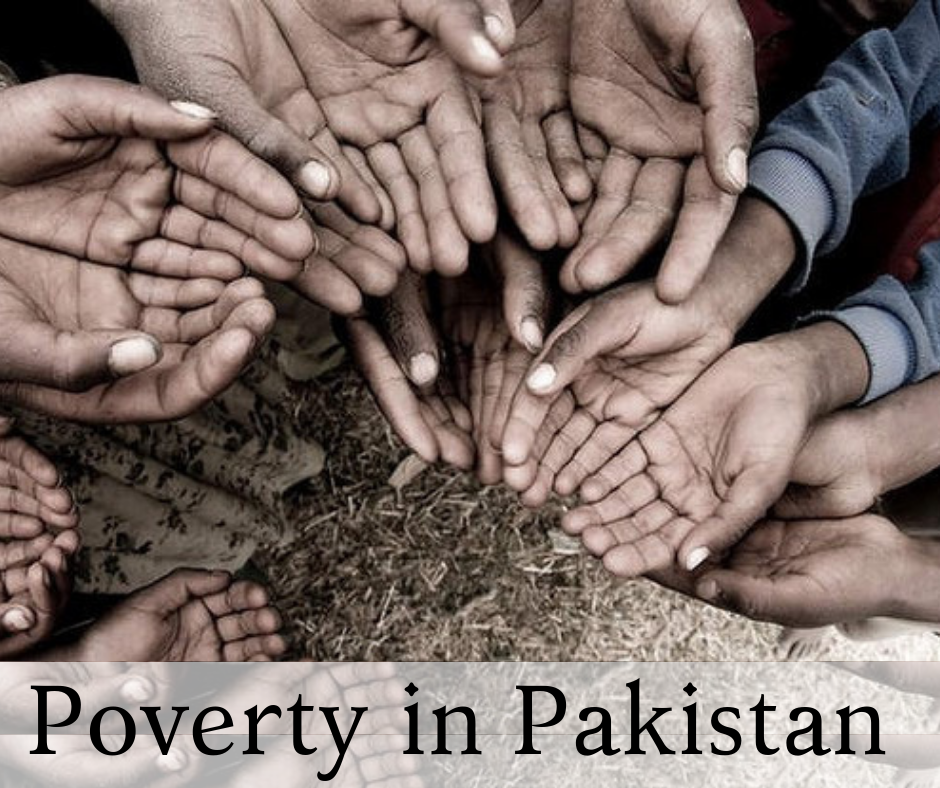Throughout history, humanity has grappled with extreme poverty, hunger, and starvation. While significant progress has been made through scientific and technological advancements, the dream of eradicating poverty remains unfulfilled. Pakistan, with nearly 40% of its population living below the poverty line, is particularly affected, and there is an urgent need for a proactive response from policymakers to address this dire situation.
Addressing poverty requires urgent prioritization and a comprehensive, multi-faceted approach. The current international poverty line of $2.15 a day is insufficient, especially in regions like the Global South. Despite a decrease in global extreme poverty, countries like Pakistan continue to experience rising poverty levels and severe deprivation. A comprehensive approach that considers all aspects of poverty is crucial in this fight.
Pakistan’s position as the 52nd poorest country and its low ranking on the Human Development Index highlight the widespread deprivation and challenges. To combat poverty, Pakistan could consider economic models from countries like China, the United States, Europe, India, Taiwan, and Singapore. Immediate action is needed to improve existing poverty reduction programs and to urgently revise the international poverty line to reflect the true extent of poverty, as this is a matter of great urgency.
Infrastructure development, transparent taxation systems, and sustained GDP growth are crucial for poverty reduction. Additionally, industrialization, investment in manufacturing, and the use of technology such as artificial intelligence and e-commerce can contribute to economic development and poverty reduction.
Despite government and international efforts, poverty continues to rise in Pakistan. Initiatives such as microfinance support, cash transfers, and poverty reduction programs have been implemented, but their impact is limited due to challenges such as lack of proper implementation, corruption, and inadequate resources. NGOs, civil society organizations, and international bodies like the United Nations, World Bank, and Asian Development Bank have also been involved in poverty reduction efforts, but their efforts are often hindered by these challenges.
Economic growth and development are essential for poverty reduction, and activating the local government system and fostering inclusive political consensus are crucial steps. Inclusive political consensus refers to a broad agreement among political parties, civil society, and other stakeholders on the strategies and policies for poverty reduction. A national dialogue is needed to achieve this consensus, which is crucial for achieving political and economic stability, paving the way for effective poverty reduction programs.
In conclusion, ambitious poverty reduction programs are essential to combat the impact of high food inflation and mitigate the effects of poverty in Pakistan. Economic growth and poverty reduction are intertwined, and concerted efforts are necessary to achieve these intertwined goals.
















